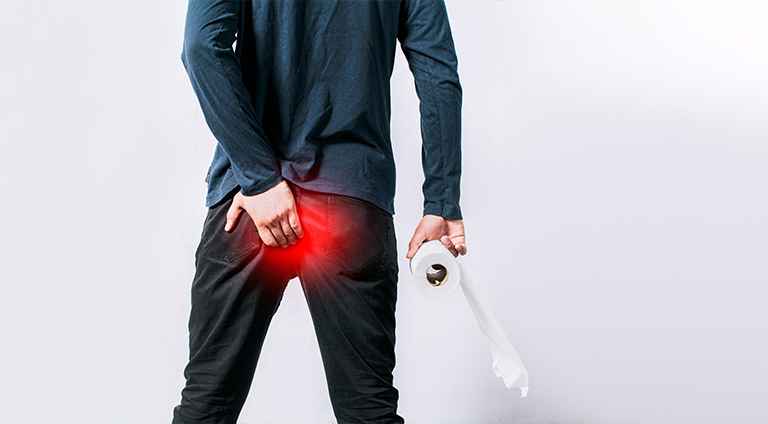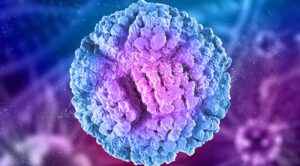Piles, also known as hemorrhoids, affect millions of people at some point in their lives. These are swollen veins in the rectum or anus, often caused by increased pressure in the lower pelvic region. Though common, piles are surrounded by myths—particularly regarding how long they last and whether they’re permanent.
In this guide, we address the reality of hemorrhoids, explore how long piles last, debunk common misconceptions, and provide actionable tips on how to manage and prevent piles naturally or through medical intervention.
Understanding the Duration of Hemorrhoids
The duration of piles depends on their type and severity. Generally:
- Mild or small internal hemorrhoids can disappear within a few days with home care.
- Large, painful, or thrombosed hemorrhoids may last longer and require medical treatment.
- For pregnant women, hemorrhoids may subside only after delivery due to hormonal and pressure changes.
If your symptoms last more than a week despite home remedies, it’s advisable to consult a piles specialist or gastroenterologist for evaluation.
Types of Hemorrhoids
There are two main types:
- Internal Hemorrhoids – Develop inside the rectum, usually painless but may bleed.
- External Hemorrhoids – Occur under the skin around the anus, causing pain, swelling, and visible lumps.
Regardless of the type, timely care can prevent complications like bleeding, clotting, or prolapse.
Home Remedies to Prevent and Manage Piles
While piles may go away on their own, these home remedies can help reduce symptoms and speed up healing:
1. Dietary Changes
- Avoid spicy and processed foods
- Eat high-fiber foods like fruits, vegetables, whole grains, and legumes
- Fiber softens stool and eases bowel movements, reducing rectal strain
2. Stay Hydrated
- Drink 8–10 glasses of water daily
- Staying hydrated helps prevent constipation, a major cause of hemorrhoids
3. Regular Exercise
- Engage in light physical activity such as walking or yoga
- Exercise boosts circulation and promotes regular bowel movements
4. Sitz Bath
- Soak the anal area in warm water for 10–15 minutes daily
- This helps reduce inflammation, itching, and discomfort
5. Cold Compress or Ice Packs
- Apply a cold pack for 10–15 minutes to reduce swelling and pain
- Avoid direct contact with ice to prevent tissue damage
When to See a Doctor for Piles
While early-stage hemorrhoids may resolve naturally, seek medical help if:
- You notice blood in stools or dark, tarry stools
- Pain and discomfort persist for more than a week
- You feel a lump near the anus that doesn’t go away
- Over-the-counter treatments or home remedies do not improve your condition
A piles specialist in Surat, such as a gastroenterologist or colorectal surgeon, can assess your condition and recommend the right treatment—ranging from medications to minimally invasive procedures.
Medical and Surgical Treatment Options
If conservative treatments fail, doctors may recommend:
1. Rubber Band Ligation
- Ideal for internal hemorrhoids
- A rubber band is tied around the hemorrhoid to cut off blood flow, causing it to fall off
2. Hemorrhoidectomy (Surgical Removal)
- Performed for large or thrombosed external hemorrhoids
- Involves removing the hemorrhoid under anesthesia
Other treatment options may include laser surgery, sclerotherapy, or infrared coagulation, depending on the severity and type.
Conclusion: Are Hemorrhoids Long-Lasting?
The short answer: not necessarily.
With early intervention, lifestyle changes, and medical support, most cases of piles can be effectively managed or eliminated.
Don’t let myths stop you from getting the care you need. If you’re struggling with recurring or painful hemorrhoids, consult Dr. Jay Chokshi, a trusted gastroenterology and piles specialist in Surat. His expertise in advanced piles treatment ensures lasting relief through evidence-based care.





